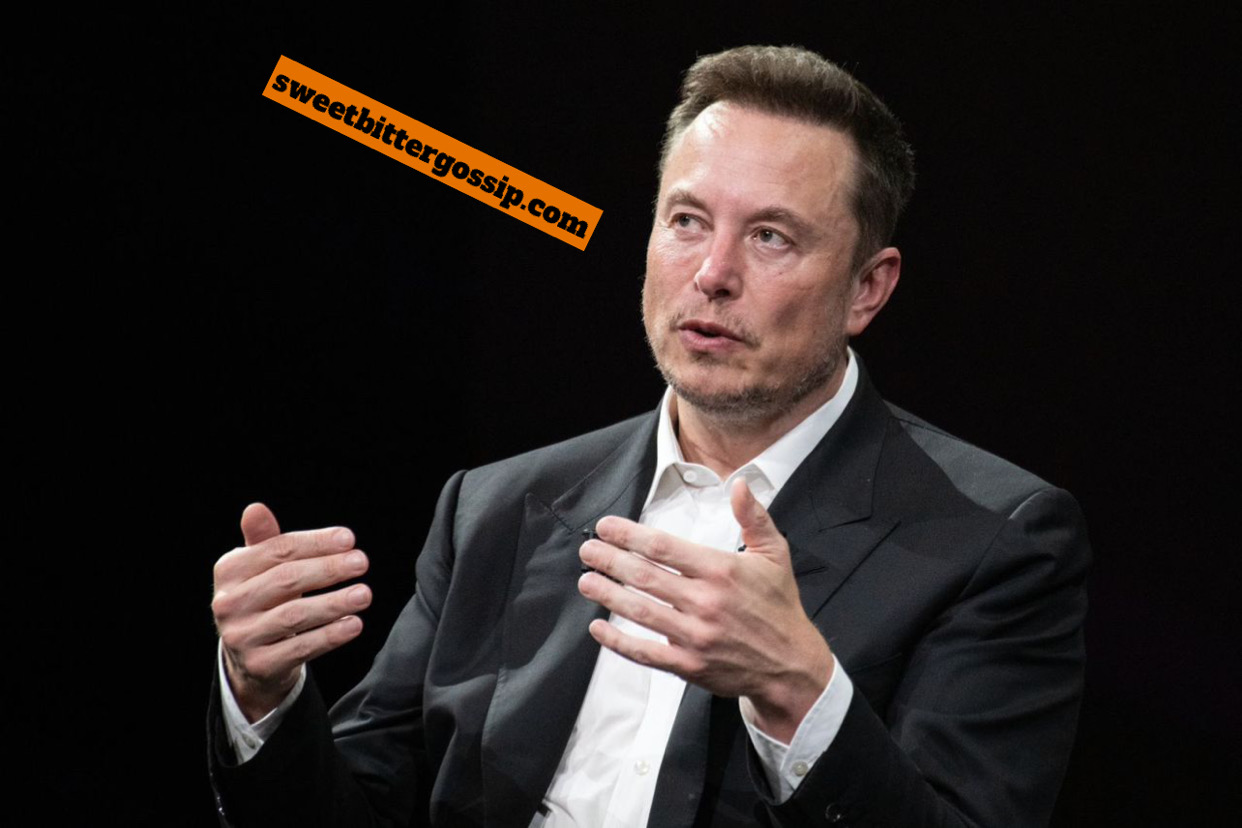Elon Musk, one of the wealthiest and most influential figures of our time, has a unique and candid perspective on philanthropy. Known for his transformative ventures, Musk has often been asked about his approach to charitable giving. He has openly stated, “When it comes to donations, I’d say it is very difficult to give away money effectively.” Elaborating further, Musk remarked, “If you care about the reality of doing good and not the perception of doing good, then it is very hard to give away money effectively. I care about reality. Perception be damned.”
Musk’s comments underscore his emphasis on measurable impact over public approval. This approach sheds light on the broader challenge of ensuring that philanthropic efforts deliver meaningful and lasting results, rather than merely projecting a favorable image.
The Challenge of Effective Giving
Musk’s viewpoint highlights a common dilemma faced by high-net-worth individuals: how to create real change with their wealth. Many philanthropists focus on initiatives that garner public recognition, but Musk’s priority is addressing systemic issues, regardless of whether these efforts receive widespread attention.
Examples of this mindset can be seen in Musk’s business ventures, which aim to tackle global challenges. Tesla’s push for sustainable energy and SpaceX’s mission to make humanity multi-planetary may not fit the traditional definition of philanthropy, but they represent a long-term commitment to solving critical problems.
Musk’s $100 million donation to fund carbon capture technology exemplifies his strategy. Rather than opting for donations that generate goodwill, he chose to invest in innovation that could significantly mitigate climate change. This approach aligns with his belief that philanthropy should prioritize scalable, tangible solutions over optics.
Reality Versus Perception in Philanthropy
Musk’s insistence on focusing on “the reality of doing good” rather than “the perception of doing good” challenges the status quo of performative philanthropy. Many charities rely on feel-good campaigns to attract donations, but these efforts often lack transparency or fail to produce lasting results. Musk’s perspective emphasizes the need for greater accountability and outcome-oriented approaches in the philanthropic sector.
This philosophy mirrors his broader problem-solving ethos. Whether refining Tesla’s manufacturing processes or developing reusable rockets at SpaceX, Musk consistently prioritizes substance over appearances, applying the same principles to his philanthropic efforts.
Lessons for Aspiring Changemakers
Musk’s approach offers a valuable lesson for those seeking to make a difference: effective giving requires a commitment to understanding complex issues and focusing on results. Writing a check is not enough; it is about addressing root causes and achieving measurable impact.
His transparency about the challenges of philanthropy sets a high standard. It underscores the need for diligence, research, and a willingness to tackle the complexities of creating meaningful change.
Balancing Public and Private Good
While Musk’s pragmatic approach may draw criticism from those who value the optics of charity, it reflects a commitment to the greater good. By prioritizing systemic solutions through his companies and targeted donations, Musk exemplifies authentic giving.
In a world where philanthropy often aligns with image, Musk’s “perception be damned” attitude is a powerful reminder of the importance of authenticity. True philanthropy is not about being seen as a benefactor—it is about making a real difference.

